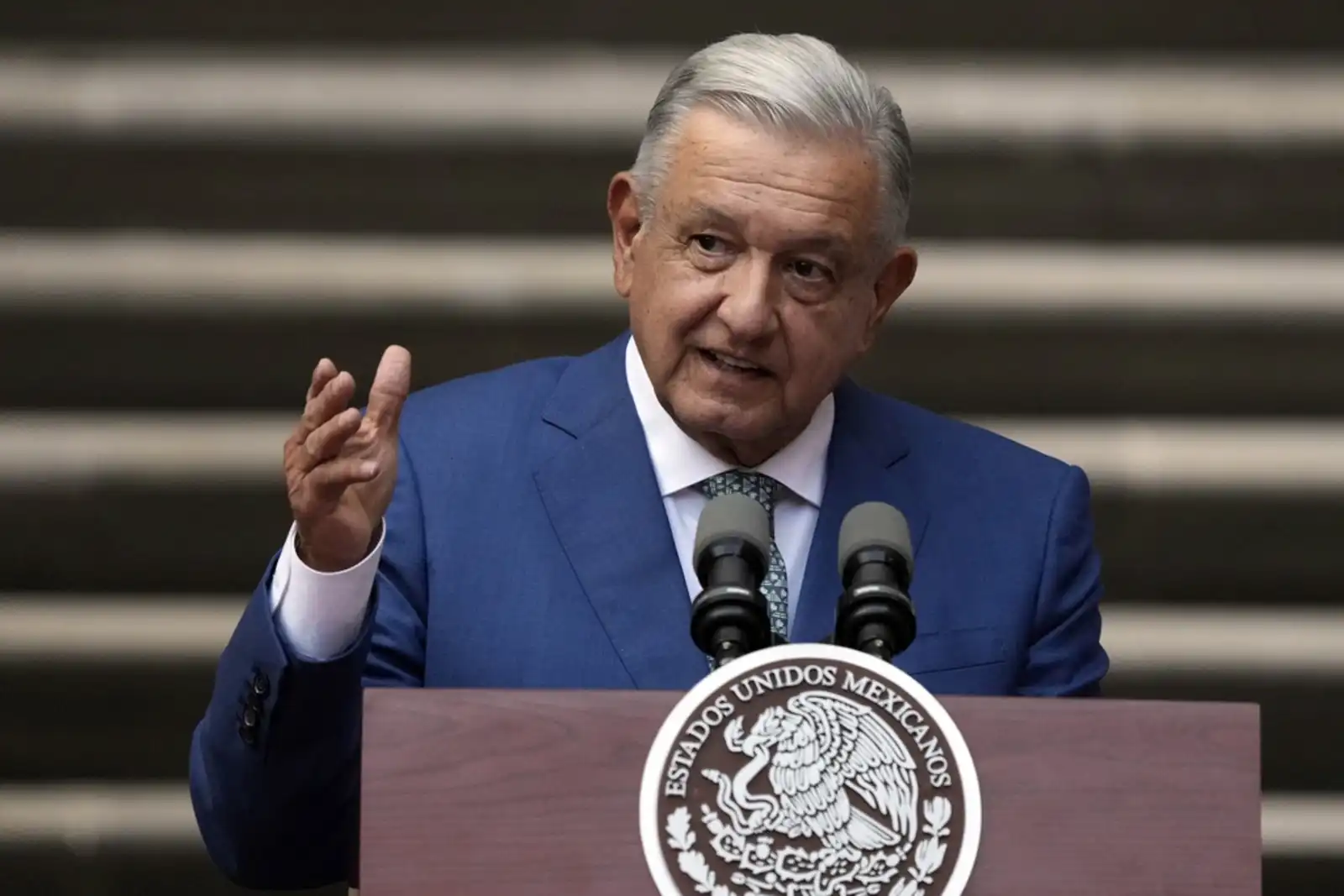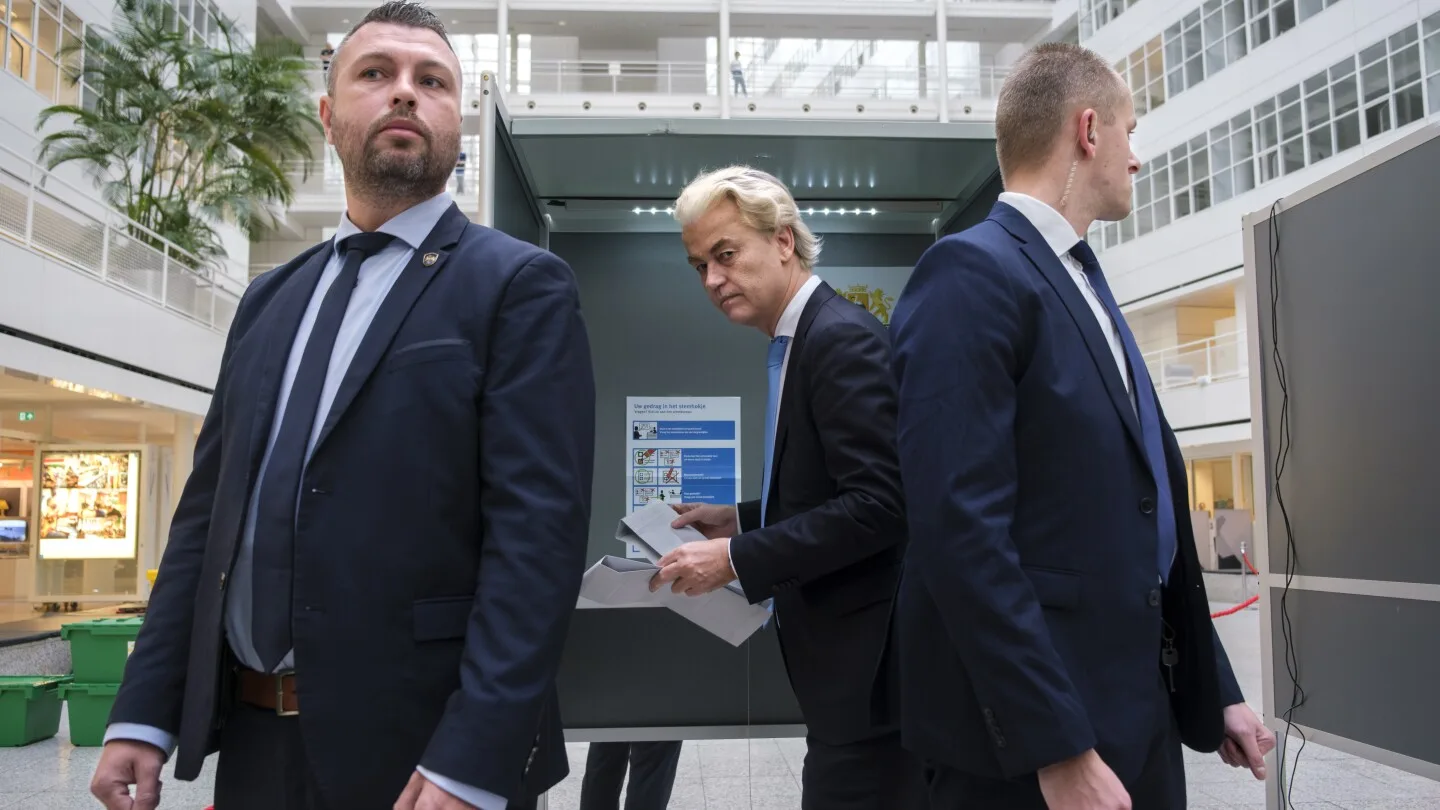Mexico’s Senate has given the green light to a pivotal pension reform designed to bolster financial support for the nation’s lowest-earning retirees.
The proposal, spearheaded by outgoing President Andres Manuel Lopez Obrador, garnered the backing of 70 senators, with 43 in opposition and two abstaining, following a spirited debate that extended late into the evening.
At the core of the reform is the establishment of a new pension fund, aimed at ensuring retirees receive 100% of their final monthly salary, capped at approximately 16,777 Mexican pesos ($975) – aligning with the average monthly wage for workers affiliated with Mexico’s social security institute.
With approval secured in the Senate, following an earlier nod from the Lower House of Congress, the bill now awaits Lopez Obrador’s signature to formalize it into law.
Senator Geovanna Banuelos, an advocate for the reform, articulated its significance, stating, “Today we strive for workers to retire with their full salary, granting them a retirement characterized by dignity and justice.”
The initial funding for the fund, totaling around 40 billion Mexican pesos ($2.32 billion), will be sourced from unclaimed savings held by workers aged over 70 in inactive accounts managed by private fund administrators, known as “afores.”
While some critics have voiced concerns about potential risks to individual savings managed by afores, the government has refuted these claims. Mexico’s association of retirement fund entities emphasized that individuals will retain control over their accounts, assuring continuity despite the implementation of the reform.
However, leading opposition figure Xochitl Galvez criticized the reform, alleging ulterior motives. “What (ruling party) Morena really wants to do is use Mexicans’ savings to send to a public fund and use it how they wish,” Galvez asserted, cautioning against perceived misappropriation of savings.



